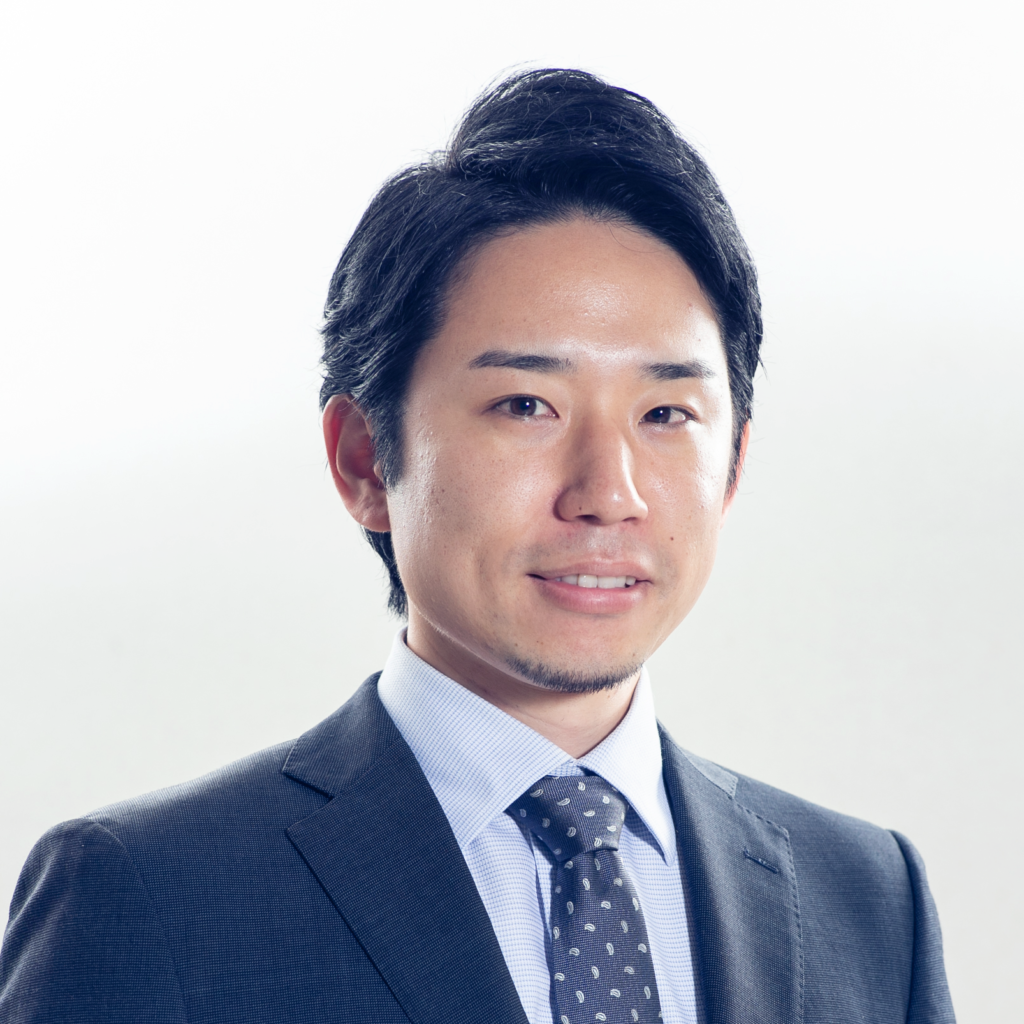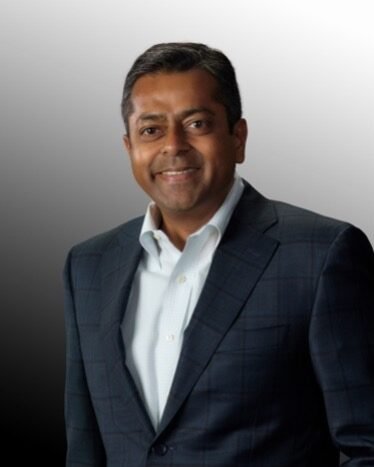I recently went one-on-one with Yushiro Kato, co-founder and CEO of Caddi.
Adam: Thanks again for taking the time to share your advice. First things first, though, I am sure readers would love to learn more about you. How did you get here? What experiences, failures, setbacks, or challenges have been most instrumental to your growth?
Yushiro: In 2017, my partner, Aki Kobashi, and I recognized several pain points in the procurement and manufacturing process that we could improve upon through the right digital tools. Our initial focus was on cost reduction within manufacturing without sacrificing the quality of the final product. We discovered a 30 to 50% variation in quotations for similar parts and components in manufacturing procurement. We understood that procurement, in particular, was an area where we could implement quality cost delivery (QCD) and then launched CADDi.
When we began, we knew little about building a great company. We hired talented people, but aligning with them on the same values was difficult. Attaining that internal cohesion has been challenging, but it’s motivated us to realize the importance of shared values. We scaled from 300 to 600 people in 2023. We now have operations in Vietnam, Thailand, Mexico, Japan, and the U.S. We didn’t want to lower the bar for our team as we expanded, so I’ve remained the gatekeeper for all employees globally.
Our internal mission at CADDi is to unleash the potential of our employees. Our external mission is to unlock the potential of manufacturers. Client impact and people development, which are core values for us, are things I adopted during my time at McKinsey. Being a global company is one of the hardest things to contend with; ensuring everyone shares similar values and mindsets is hard. We try to localize values, but ultimately, we encourage values people believe in and help the company move toward its global goals.
Adam: How did you come up with your business idea and know it was worth pursuing? What advice do you have for others on how to come up with and test business ideas?
Yushiro: I helped co-found CADDi alongside Aki, drawing upon my experience in the U.S. procurement market and Aki’s engineering background. At McKinsey, I worked with the manufacturing industry and was head of the procurement division. There, I supported companies across North America and Asia. Aki came from Apple, where he was a part of the Airpods development team.
We started CADDi with me going to the Home Depot in Japan, procuring parts, and understanding the value of good pricing, especially at larger scales. In six years, we grew from Aki and I to 600 CADDi employees globally. Growth was fast in our first year, with a consistent 3-4x growth per year since. Good business ideas can become apparent when you understand an industry, know what people within that industry value, and see where they’re encountering challenges.
Don’t start with a technology and try to develop a good product—instead, look at pain points from a customer’s or industry perspective. You will never reach product-market fit when starting with a product. You should start with understanding the market and finding solutions to things that lack efficiency.
Utilize the experiences of your team to better your business. For example, one of our co-founders worked in a local machine shop as an intern for three months and personally understood the business pain points in the procurement process. Apple heavily focuses on customer experience, and Aki pulls a lot from his experience there, helping CADDi in our customer relations.
Adam: How were you able to successfully capitalize your business, and what are your best tips on raising capital?
Yushiro: Manufacturing is one of the biggest markets in the world. It’s a traditional, legacy industry that has many traditionally manual processes. There was huge potential for digital penetration to improve operations, positioning CADDi favorably.
Once we began doing business, our product track record was a significant part of our success. Ensuring you have a strong product and satisfied customers is a positive factor when raising capital. VCs do customer interviews and highly value satisfaction when determining where to allocate funds.
I encourage people to strive for a cohesive team. CADDi’s leadership and team members have been key to the company’s success. Leadership comes to the office and engages team members randomly to see if values and mission are shared.
Adam: What are the key steps you have taken to grow your business? What advice do you have for others on how to take their businesses to the next level?
Yushiro: Allocate a lot of focus to product-market fit. You can “cheat” on the short-term progress to increase revenue, but you cannot sustainably grow your business without a good product-market fit. It’s important to find out if existing customers are not satisfied. It could be a small customer number to start, but addressing why those dissatisfactions exist will improve how a product performs as distribution grows. Make sure customers are really satisfied with your product.
We often spend a lot of investment in go-to-market strategy before launching a product. Then, once customers have had time with the product and we better understand our operations, we go back to where we started and explore pain points. Using that data, we revise the product and our go-to-market strategy. Adaptability as a team is critical to success and long-term growth.
Most people think we base our values on Japanese culture. However, I worked for McKinsey and Aki for Apple. Technically, I have no experience working for a Japanese company, and the only companies Aki worked for were Lockheed, Google, and Apple. Our evaluation system is very unique. We give huge value to explaining why something is important and invest much time in evaluation. We believe in people and value them.
Adam: What do you believe are the most important trends in technology that leaders should be aware of and understand? What should they understand about them?
Yushiro: AI is rapidly becoming a crucial tool for business, but it can only work with data. It is key to establish measures to obtain that data and utilize it effectively. The importance of data is dramatically increasing as more systems become digitized.
When we used to say data, we talked about data that was structured. Now, it can be unstructured data (photos, text data from suppliers, etc.). Generative AI currently can understand qualitative things rather than quantitative things. We are betting on unstructured data, not only drawings and CAD data but also pictures and text communications. There will be a lot of new use cases if we can unleash the potential of unstructured data.
Adam: In your experience, what are the defining qualities of an effective leader? How can leaders and aspiring leaders take their leadership skills to the next level?
Yushiro: Effective leaders need passion and a drive for what they’re developing and doing. Others must see your passion and motivation to succeed. People often follow those they see paving the path forward rather than someone who demands more than they’re willing to do themselves.
Mission statements are crucial. As a leader, you must return to these statements when developing a new strategy, values, propositions, etc. This will help you remain consistent in your approach and execution and allow you to delegate tasks more easily once necessary.
Taking time as a leader to empower and train your people is important. Having all of your team members working toward the company’s mission is critical for success, and it takes conscious effort to ensure everyone receives the proper training to succeed in their role. It’s important to maintain perspective; in a sense, your team works for the company’s mission, not for you.
What has helped build leadership skills: 99.9% learning from my failures. I have 1,000 challenges per year. Many can fail. However, I constantly try new things and adapt how I approach finding solutions. Even if 95% of those challenges end in failure, I still benefit from the lessons those experiences impart on me.
My biggest strength is learning fast and being consistent in my execution. I have little background to lean on, but I’m hyper-flexible and adaptable.
Adam: What is your best advice on building, leading, and managing teams?
Yushiro: As a business leader, delegation is vital to success. You cannot oversee every little task 600 people are working on. This relates to ensuring you build an effective team and bring people together who can effectively work without the need for excessive oversight.
Leaders must recognize when people are ready for opportunities to demonstrate their abilities. Encourage successful actions and correct actions when a result is unfavorable. Then, you can begin to delegate oversight to team leaders and work on the highest priorities for yourself and the company.
In my case, I spend 90% of my time on the missions happening in the U.S. While I maintain strong lines of communication with our team in Japan, I trust that the leaders I have put in place there can effectively manage the day-to-day work and successfully drive our company’s mission forward.
It is advantageous to bring on leaders who are superior to you in some skill set. That way, they add unique skills to the company’s overall capabilities instead of simply reinforcing your own strengths. This will not only help keep the capabilities of your company dynamic and attract new talent, but it will also help you improve as a leader by helping you gain new skills and proficiencies in your weaker areas.
Adam: What are your three best tips applicable to entrepreneurs, executives, and civic leaders?
Yushiro:
-
Always start with customers’ issues before addressing solutions and products.
-
Build a solid and dependable team. You can’t do everything, so having people you can trust and rely on will mean the difference between growth and stagnation.
-
Don’t overthink or over-engineer your strategy. It will change, and you must remain adaptable. The only thing I’m sure of is change. Strategy is important, but execution matters the most. Don’t get caught up in analysis paralysis that will limit your ability to capitalize on valuable opportunities.
Adam: What is the single best piece of advice you have ever received?
Yushiro: I love the video of Jeff Bezos in the late 1990s. When Amazon went public, Jeff Bezos, the CEO, was interviewed. That was when the dot com bubble was there. Everyone was focused on the internet. However, most of Amazon’s spending was on inventory and warehouse space.
A reporter asked: Why are you spending so much money on products and warehouses in the age of the internet?
Bezos said, “It doesn’t matter what the investors are saying. Amazon focuses on customers. We believe faster delivery is something the customer wants. That’s why we are investing in warehouse space. We do what the customer wants, not what the investor wants.”
CADDi currently has more than ten inspection centers worldwide. We handle physical products in manufacturing because that’s what our customers have expressed as their biggest desire. We also focus on CADDi Drawer but shouldn’t be obsessed with investors or “market hype” to find success.









